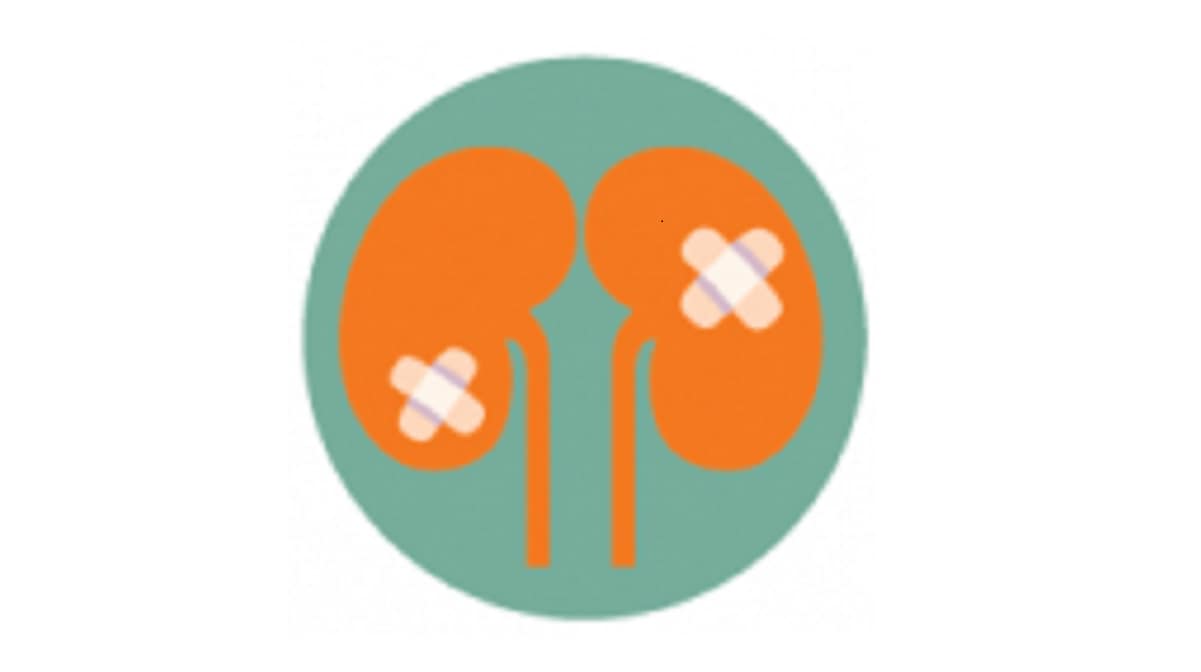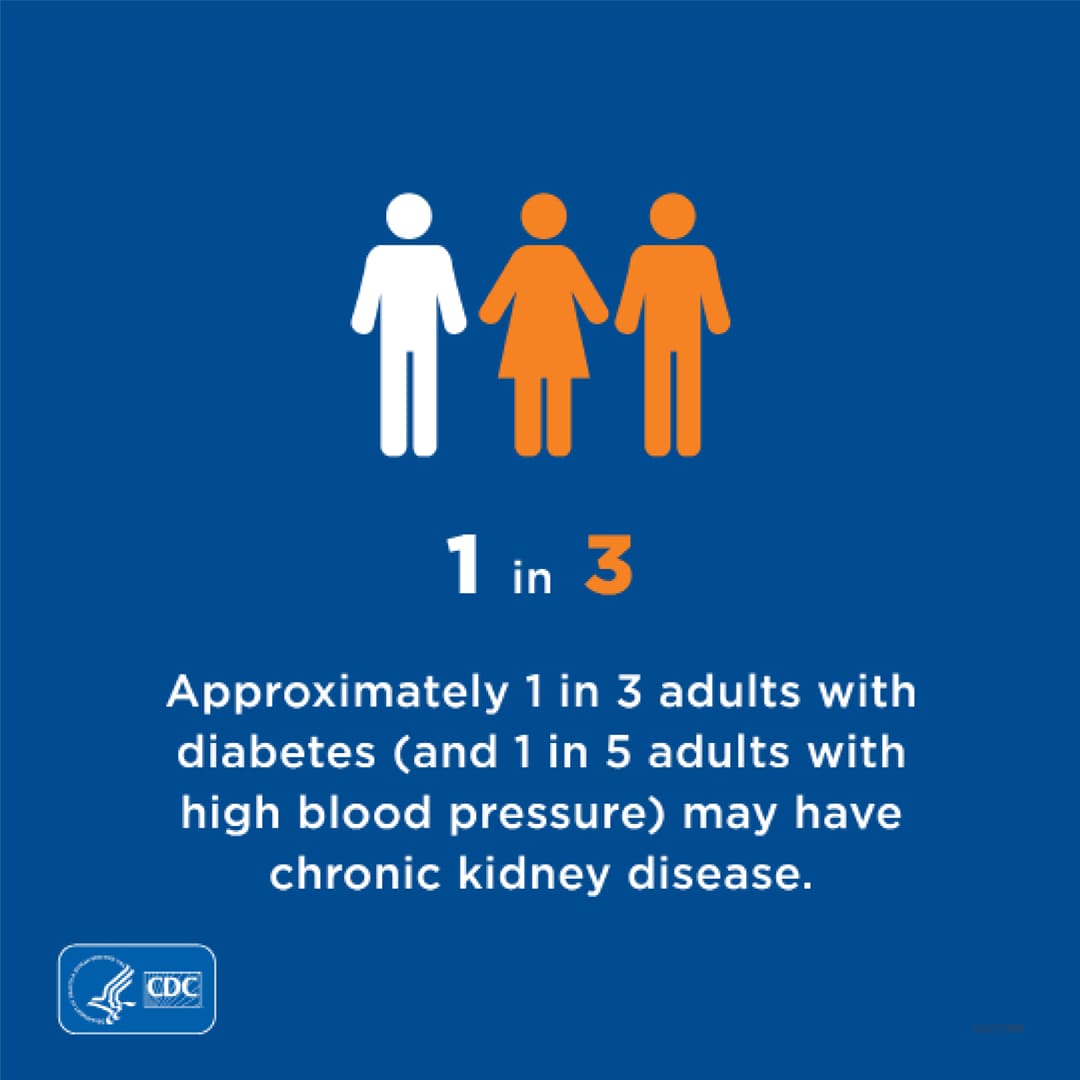Key points
- Adults with high blood pressure have a higher risk of developing chronic kidney disease (CKD).
- Chronic kidney disease can also cause or worsen high blood pressure.
- Find out why, and how you can protect your heart and kidneys.

CKD and blood pressure
CKD is a condition where the kidneys are damaged and can't filter blood properly. Because of this, excess fluid and waste from the blood remain in the body. This can cause other health problems, including high blood pressure.
High blood pressure is also one of the leading causes of CKD. It can harm the kidneys by damaging blood vessels in the body, including those in the kidneys. Over time, this kidney damage can lead to decreased kidney function.
CKD and high blood pressure are closely tied together. Either condition can lead to or worsen the other.
The good news is that there is a lot you can do to prevent or manage both CKD and high blood pressure. By managing your blood pressure, blood sugar, and cholesterol, you can reduce your risk of health problems like CKD, heart disease and stroke.

Tips to protect your kidneys and heart
- Keep your blood pressure below 140/90 mm Hg (or ask your doctor what the best blood pressure target is for you). Check your blood pressure regularly.
- Take medications as prescribed. Ask your doctor about medicines called ACE inhibitors and ARBs, which may protect your kidneys and lower your blood pressure.
- Talk to your doctor about medicines that harm your kidneys and ways to lower your blood pressure.
- Get active. Physical activity helps manage blood pressure and blood sugar levels.
- Eat healthy foods. This includes plenty of fruits and vegetables, and foods lower in salt.
- If you smoke, quit as soon as possible.
